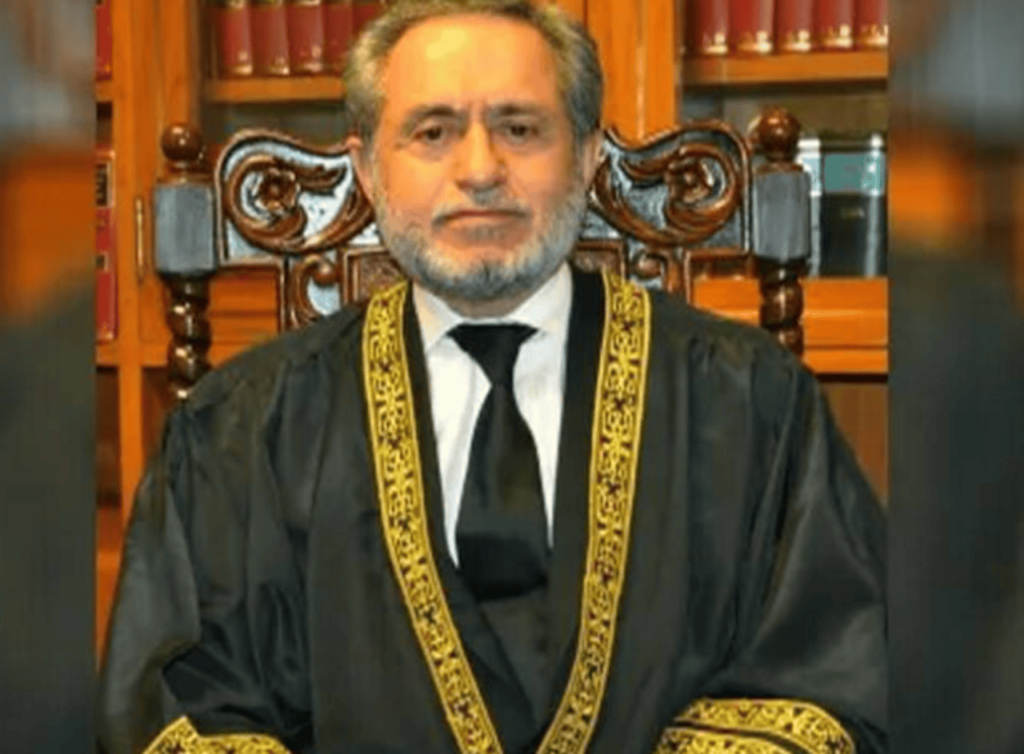The Supreme Court continued hearings on the trial of civilians in military courts, where Justice Jamal Mandokhail remarked that the Army Act applies solely to military personnel. A seven-member constitutional bench, led by Justice Amin-ud-Din Khan, adjourned the case until Monday.
Defense Ministry counsel Khawaja Haris argued the procedural differences in military court trials. Justice Mandokhail questioned how severe sentences, such as the death penalty, are decided when the trial officer does not personally adjudicate.
Justice Naeem Akhtar Afghan raised concerns about fundamental rights under Article 10-A, emphasizing the unique nature of military court trials compared to civilian courts. Examples of court-martial procedures were cited for reference.
Justice Mandokhail stressed that appeals against military court decisions are limited, focusing only on malintent or jurisdiction, not merits. He further highlighted the need for equal rights, including appeal rights, for ordinary military personnel.
Justice Musarrat Hilali inquired whether the Supreme Court could reverse military court decisions and asked about the composition of military court judges in other countries. The defense counsel explained that procedures vary by case type.
The court also examined whether military courts conducted trials strictly based on registered cases or added charges during investigations. The counsel clarified that additional charges could be incorporated but through a defined process.
Additional Attorney General Aamir Rehman informed the court that 35 FIRs and 5,000 suspects were involved in incidents on May 9, but only 105 individuals with proven involvement were tried in military courts.




